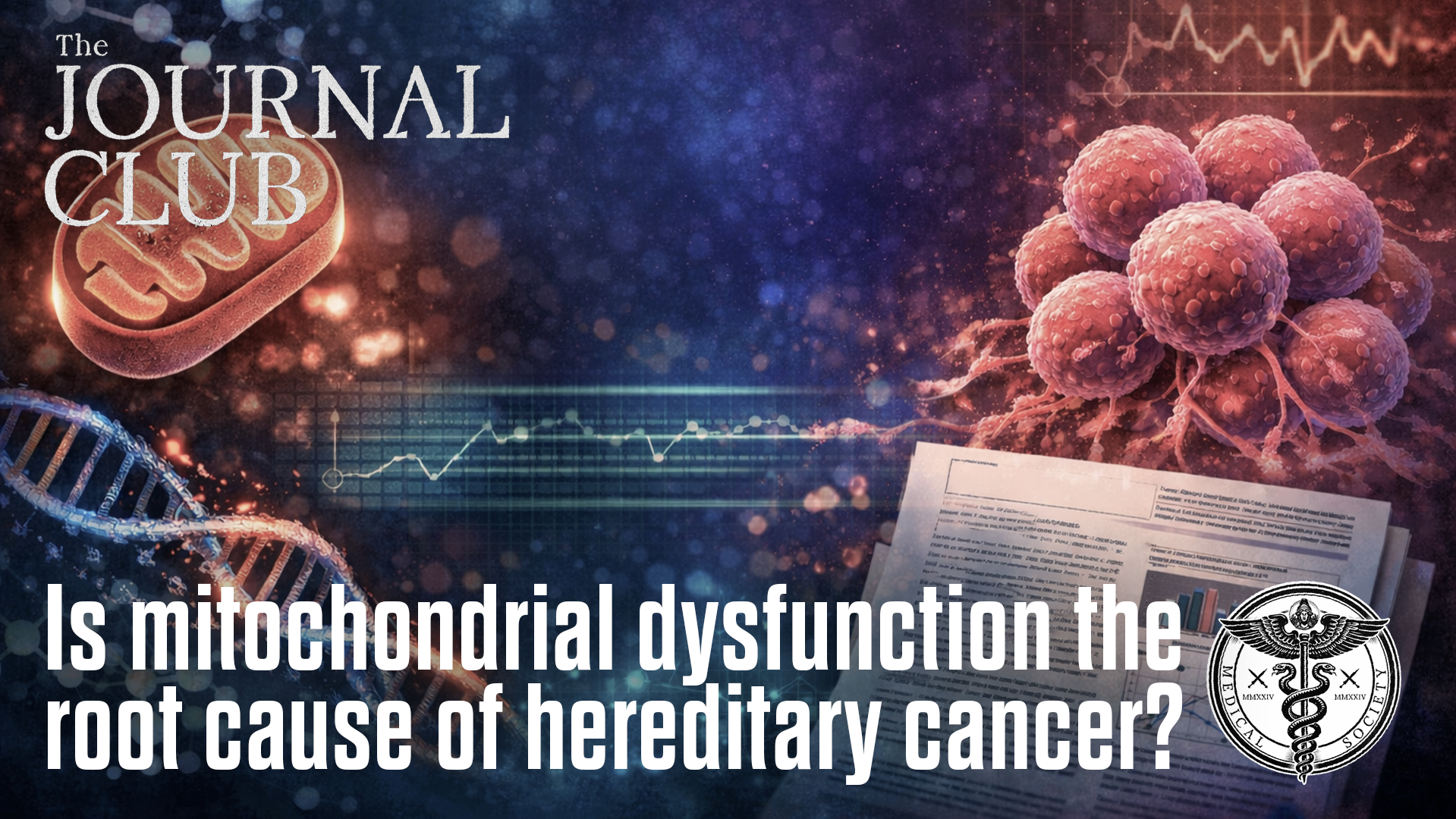In this webinar, Dr. Nicole Avena explains how foods high in sugar and fat can trigger addictive behaviors in the brain. She challenges the traditional view that obesity stems solely from personal choices or lack of willpower, arguing instead that the modern food environment—dominated by highly processed, sugar-rich products—activates the brain’s reward system in ways similar to addictive substances like alcohol and drugs. Drawing on recent advances in addiction science, the discussion shows how behaviors like overeating are now recognized as legitimate forms of addiction, with sugar’s neurological impact rivaling that of more conventional vices.
The webinar also explores how societal changes have drastically altered eating habits. While early humans experienced natural cycles of scarcity and effort-based consumption, today’s constant access to ultra-palatable, carbohydrate-dense foods encourages passive, compulsive eating. Misleading labels and hidden sugars in supposedly healthy foods only exacerbate the problem. Dr. Avena advocates for comprehensive public health strategies—such as sugar regulation, transparent labeling, and restrictions on advertising to children—and emphasizes the importance of community, purpose, and connection as buffers against addiction.
Ultimately, she argues that curbing obesity and chronic disease requires treating sugar not as a harmless ingredient, but as a powerful, addictive substance.
This BSI Medical Society Webinar was streamed on May 7th, 2025.
A 10-minute summary of the webinar is available here free, for anyone, while the full webinar is available for Medical Society Members and MetFix affiliates in their dashboard.
Let's start with the truth!
Support the Broken Science Initiative.
Subscribe today →
recent posts
Journal Club: February 5, 2026
When number-chasing replaces treating the root cause
The iceberg beneath “normal” blood sugar numbers


